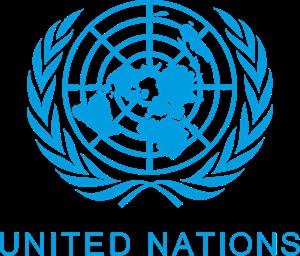By Mamer Abraham
United Nations Commission on Human Rights has urged South Sudan government to end media censorship, open up civic and political space to create a conducive atmosphere for December 2024 elections.
Yasmin Sooka, the commission’s chairperson criticized the government for the way it’s treating journalists and civil rights activists.
“As South Sudan considers the prospect of national elections in December 2024, its government must urgently cease unlawful media censorship, end intolerable restrictions on civic and political activities, and halt attacks on journalists and human rights defenders,” Sooka said in a statement seen by the No. 1 Citizen Daily Newspaper.
“Independent media and a vibrant civil society represent critical voices in developing accountable governance and the democratic processes required to enable peace and ensure human rights,” she added.
The report categorically mentioned that the National Security personnel had become gatekeepers to filter out information that touched government institutions so that it might not be published for public consumption.
The report for 2023, titled “Entrenched Repression: The Systemic Curtailment of Democratic and Civic Space in South Sudan,” further noted that such practices were a slap in the face of accountability and democracy in South Sudanese society.
It added that some independent online media companies were occasionally faced by cyber-attacks and blockages by the security organs.
“Its officers deploy to newsrooms to review content and cut stories deemed critical or inconvenient to the government, including coverage of political and human rights issues. Independent online media are routinely targeted by cyber-attacks and website blockages,” it continued.
No censorship
Two weeks ago, the national minister for information and the official government spokesperson, Michael Makuei Lueth, said the government was not denying any civic space to civil society or the media.
The minister argued that the government was wronged after an individual abused his rights and freedoms and fell into the hands of the law.
“You are part and parcel of civil society. If there was any obstruction, it should have reached me. If there was any harassment, you would have reached me. But when you abuse your power, when you misuse your position, this is where the government is charged with harassing and so forth. That is not the case,” Makuei told the media.
He maintained that nobody could be obstructed from exercising their rights when acting within the provisions of the law.
“You cannot be stopped from exercising your right as long as you are acting within the law. But when you abuse it and then you claim to be exercising your right, there is no law in the world that gives you the right to step on the toes of others,” he added.
In December 2022, President Salva Kiir Mayardit and First Vice President Dr. Riek Machar Teny agreed to rid the National Security Service (NSS) of the power to arrest individuals without a warrant.
The National Security Service Bill 2014 allows the members of National Security to arrest anyone without a warrant.
But currently, the parliament is working on an amendment to the act to ensure that the NSS does not have the right to arrest people without a warrant.




